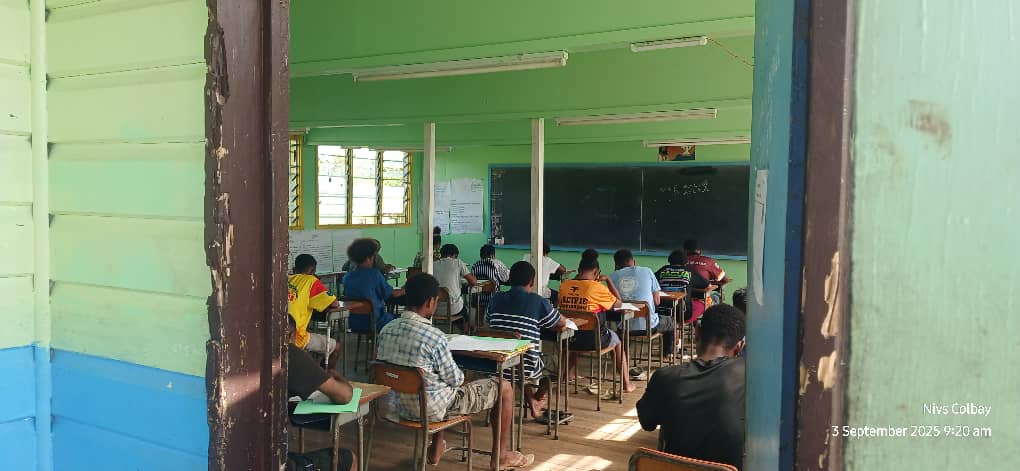NEWS
SECONDARY SCHOOL FACES RESOURCE CHALLENGES
![]() By Martha LOUIS |
September 4, 2025
By Martha LOUIS |
September 4, 2025

Related News
LATEST NEWS




